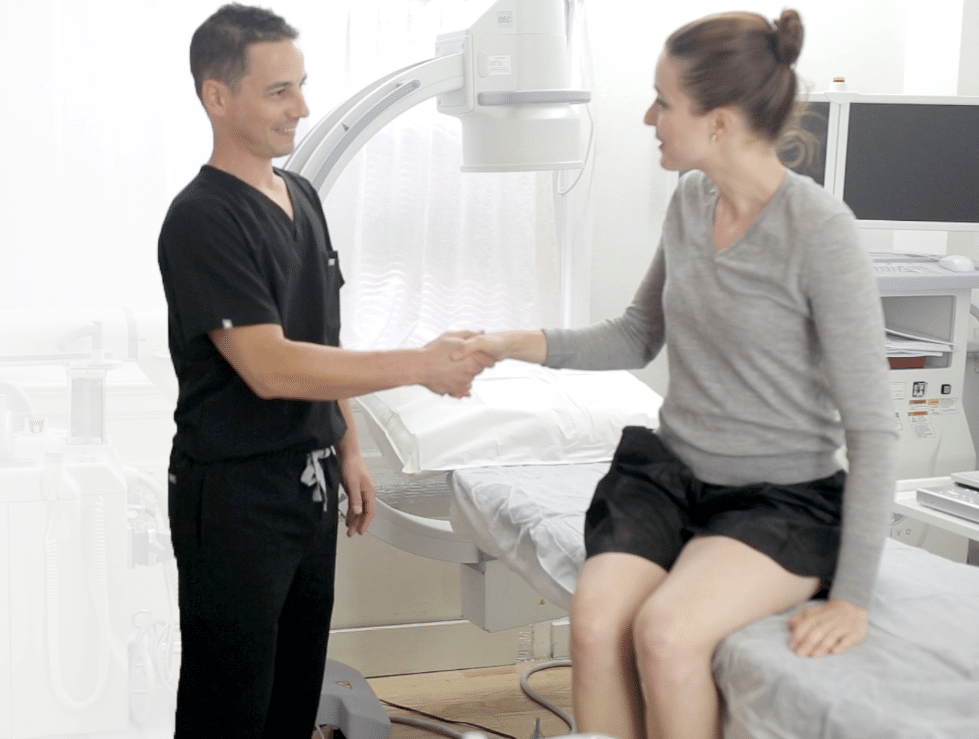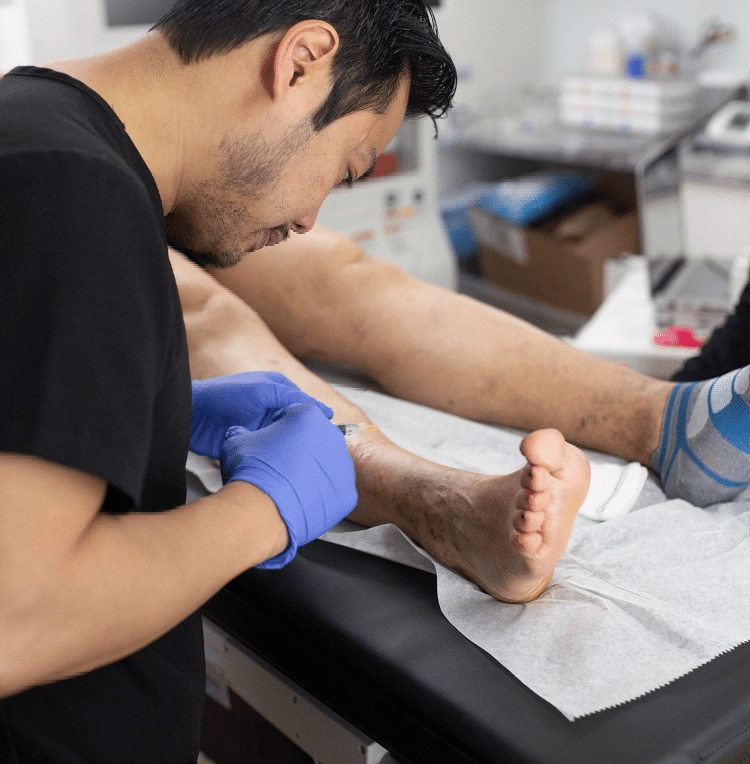The aesthetic appearance and pain are both impacted by varicose veins. It is advisable to think about contacting a vein expert if you are displaying indications, including discomfort, swelling, or clearly visible protruding veins. Varicose veins are one of the disorders in which veins specialists have specialization to determine and manage. This article will examine what are the treatment options for varicose veins and when it is advisable to visit a vein expert to handle the problem.
When To See A Vascular Doctor For Varicose Veins
- Persistent Symptoms
You ought to speak with a vein specialist if you've been having constant signs like discomfort, heaviness, swelling, or hurting in your legs. These signs may point to fundamental venous problems.

- Visible Veins
You should consult a doctor as soon as you locate any protruding, twisted, or purple veins on your legs, particularly if they are uncomfortable or affect your self-confidence.
- Leg Cramps And Restlessness
Vein issues may be the cause of persistent cramps in the leg or a restless feeling in your legs, particularly at night. A vascular physician can suggest the best course of action and assist in determining the problem.
- Changes In Skin Texture
You should see a vein specialist for an in-depth assessment if the layer of skin above the concerned veins begins to dry up, itch, or take on a reddish or brownish tone.
Major Treatment Options For Varicose Veins
- Conservative Measures
Moderate conditions could be helped by careful planning and modifications in daily routine. Compression socks, regular physical activity, raising the legs, and keeping an appropriate weight are all factors that can promote vein condition.
- Sclerotherapy
Varicose veins are frequently treated with sclerotherapy. The mixture is precisely injected into the concerned veins at the time of the treatment, forcing the veins to break down and disappear eventually. Smaller veins and spider veins benefit most from this.
- Endovenous Laser Ablation (EVLA)
With the help of laser light, the damaged vein is sealed off and compressed at the time of the minimally invasive EVLA process. This relieves discomfort and enhances the visual appeal of the legs by redirecting the flow of blood to healthy veins.
- Radiofrequency Ablation (RFA)
Another less invasive alternative is RFA, which closes up the affected vein using radiofrequency waves. It modulates the flow of blood and helps the body take in the treated vein, similar to EVLA.

- Phlebectomy
Minor cuts are made during a phlebectomy, a surgical operation used for eliminating bigger varicose veins. It works well for more serious instances and is typically carried out with local anesthetic.
- Laser Therapy
Smaller veins and spider veins are frequently treated with laser therapy, which uses concentrated energy from the laser to pinpoint and seal off the troublesome veins. The blocked veins are then gradually absorbed by the body naturally.
Conclusion
This article answered When to see a Vascular Doctor by elaborating that it is an excellent decision to visit a vein specialist for a diagnosis if you have complaints consisting of leg discomfort, swelling, or noticeable veins. Early management can enhance your general standard of living and stop vein problems from getting severe. Vascular surgeons are specialists in finding and fixing vein issues, so they can direct you toward the best course of action according to the particulars of your case.





